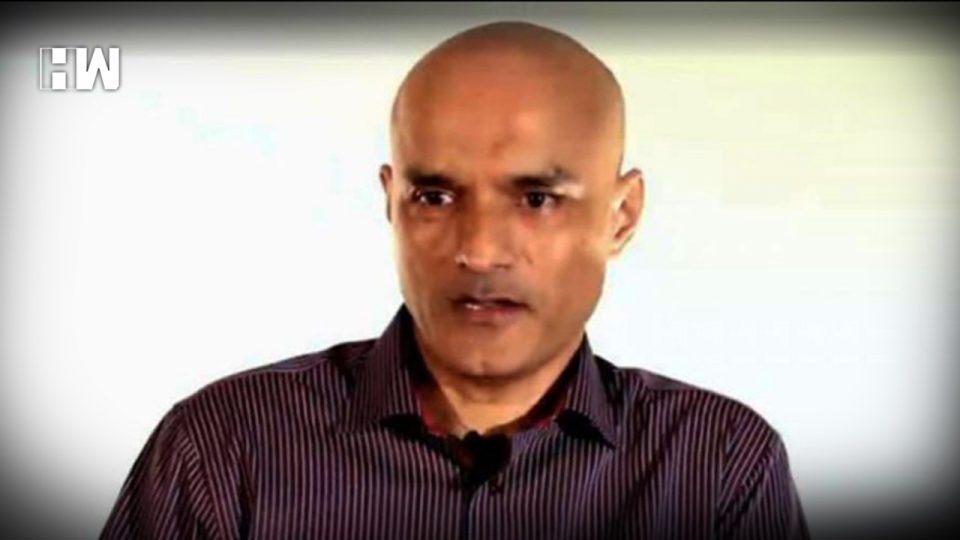The International court had also ruled that Pakistan had violated India’s rights to consular visits after Kulbhushan Jadhav’s arrest
Islamabad: On Wednesday Imran Khan-led government in Pakistan is amending its Army Act, under which former Indian Navy officer Kulbhushan Jadhav was sentenced to death, in keeping with the International Court of Justice (ICJ) direction to allow him the right to file an appeal in the civilian court.
According to Pakistani media on Wednesday the act in its present form forbids individuals or groups being tried in military courts from filing an appeal in the civilian court, but the special amendment was being made for Jadhav.
The Sources following the development, on conditions of anonymity, told that the Pakistan government will be making amendments in the Army Act and let Kulbashan Jadhav appeal against his conviction in a civilian court.
In 2017, Kulbhushan Jadhav was convicted by a military court in Pakistan and sentenced to death on charges of espionage and terrorism. The punishment was awarded by the Field General Court Martial (FGCM), a military court consisting of Pakistan Army officers.
Pakistan has claimed that Kulbhushan Jadhav was “arrested” from Balochistan by its security forces on March 3, 2016. However, India has rejected these charges and termed them baseless. India has maintained that Kulbhushan Jadhav, a former Indian Navy officer who was kidnapped by Pakistan’s security forces when he was in Iran on a business trip.
In July this year, the International Court of Justice at the Hague held that Pakistan violated its obligations under the Vienna Convention by not allowing India consular access to Kulbhushan Jadhav. The court had directed Pakistan to provide appropriate remedies to him, including consular access.
The verdict was a major victory for India as the ICJ ruled that Pakistan must review the death sentence awarded to Jadhav, who was sentenced to death by a Pakistani military court on charges of “espionage and terrorism” after a closed trial in April 2017.
The International court had also ruled that Pakistan had violated India’s rights to consular visits after Kulbhushan Jadhav’s arrest. The ICJ quoted, Pakistan to “deprive India of the right to communicate with and have access to Kulbhushan Jadhav, to visit him in detention and to arrange for his legal representation.”
India had welcomed the verdict of the International Court of Justice, saying that the ruling of the court by a vote of 15-1 upheld India’s position in the case.
As an independent media platform, we do not take advertisements from governments and corporate houses. It is you, our readers, who have supported us on our journey to do honest and unbiased journalism. Please contribute, so that we can continue to do the same in future.

